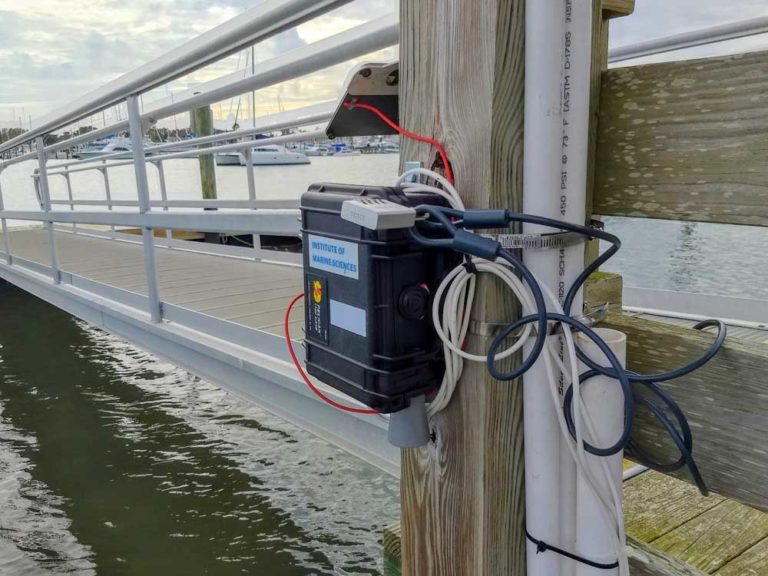-
Adam Gold wrote a new post 5 years ago
Adam Gold is a Ph.D. candidate in the Piehler Lab at the University of North Carolina Institute of Marine Sciences (UNC IMS). To learn more about his research, visit his website, follow him on Twitter […]

 Welcome to EnviroDIY, a community for do-it-yourself environmental science and monitoring. EnviroDIY is part of WikiWatershed, an initiative of Stroud Water Research Center designed to help people advance knowledge and stewardship of fresh water.
Welcome to EnviroDIY, a community for do-it-yourself environmental science and monitoring. EnviroDIY is part of WikiWatershed, an initiative of Stroud Water Research Center designed to help people advance knowledge and stewardship of fresh water. New to EnviroDIY? Start here

Adam did you see my blog on “low cost EC sensor” ? I was using the Atlas sci probes but switched to the Sensorex probes which are cheaper. A more expensive version is available with an intergrel 10K RTD for temperature measurement. It comes with a 3m cable and pigtails – no BNC!
Jim, I read your blog post and plan to test out the Sensorex probes with future monitoring stations. The wiring and automatic temperature compensation would definitely be a time saver! Thanks for the comment!
Jim, Adam: I would be interested to hear if you have considering using the non-contact toroidal conductivity sensors from Sensorex for water monitoring since you have concerns about biofouling and you are in a saltwater environment. The inital cost of the toroidal sensor is high in comparison to the contact type sensors , but over the life of the sensor the initial cost I believe would be offset by the quality of the data and the large reduction in labor for sensor maintenance. https://sensorex.com/product/tcs3020-toroidal-inductive-conductivity-sensor/
I have several years using these sensors in industrial applications that required the biofouling resistance. I also helped deploy torodial sensors aboard a sailing vessel that was monitoring both freshwater and sea water. I am interested to hear your feedback. What is your expected range of conductivity measurements.